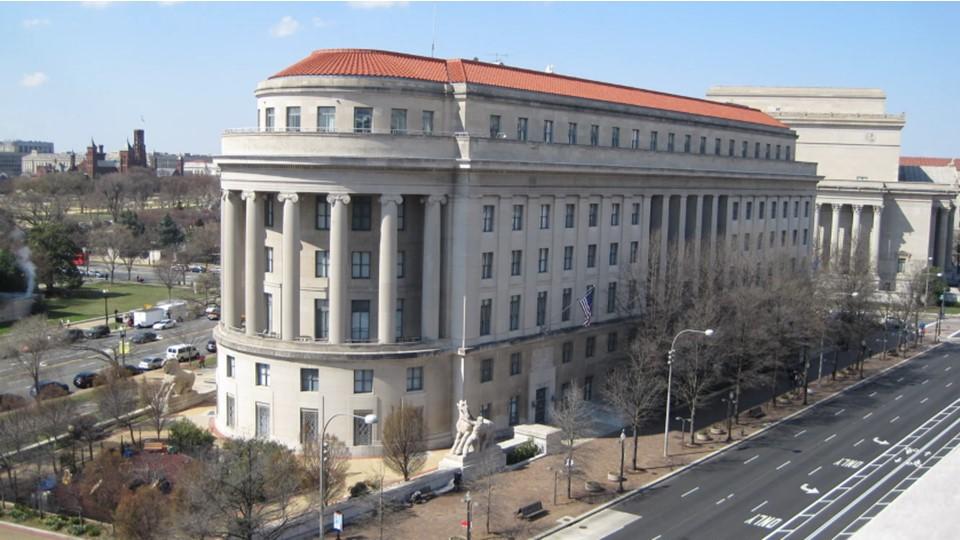FTC doubles down on PBM criticism in new report

Last year, the Federal Trade Commission (FTC) caused consternation among pharmacy benefit managers (PBMs) after it claimed the middlemen in the pharma supply chain were ramping up costs for patients. Now, it has reinforced those claims with a second, highly critical report.
The new document focuses on the influence of PBMs over the market for specialty generic drugs for illnesses like cancer, cardiovascular diseases, and HIV, specifically, the big three players in the sector – CVS' Caremark, Cigna's Express Scripts, and UnitedHealth's OptumRx.
It concludes that the PBMs generated $7.3 billion by marking up drugs in these categories over their estimated acquisition costs between 2017 and 2022, in some cases by "thousands [or] hundreds of percent."
FTC Chair Lina Khan – in what could be one of her last announcements before stepping down to make way for incoming President Trump's nomination Andrew Ferguson – said the report shows that the agency should "keep using its tools to investigate practices that may inflate drug costs, squeeze independent pharmacies, and deprive Americans of affordable, accessible healthcare and should act swiftly to stop any illegal conduct."
The report comes after proposed reforms to the regulations for PBMs were dropped from the US Congress' end-of-year bill to provide funding to the federal government, although, with drug pricing a bipartisan concern, it's not unlikely that the issue will make a return in the political agenda during 2025.
Hannah Garden-Monheit, director of the FTC's Office of Policy Planning, said it also found that mark-ups of this type on specialty generic drugs are "growing at an alarming rate, which means there is an urgent need for policymakers to address" the problem.
An earlier FTC report published in July 2024 argued that the six largest PBMs were effectively running a monopoly that gave them enormous power over the price of medicines and allowed them to profit at the expense of patients as well as independent pharmacists, which have seen their numbers decline over the last decade.
It found that the big three PBMs received 68% of the dispensing revenue generated by specialty drugs in 2023, up from 54% in 2016, but only looked at two particular medicines in the category.
The latest report covered a much broader range of medicines covered by commercial health plans and Medicare Part D, including generic versions of products like Merz' multiple sclerosis therapy Ampyra (dalfampridine), Novartis' cancer drug Gleevec (imatinib), and Amgen's Sensipar (cinacalcet) for hyperparathyroidism.
Along with the hefty mark-ups, the new document points to other unfair practices, including diverting prescriptions for profitable medicines to PBM-affiliated pharmacies and away from independents and spread pricing – when a PBM reimburses pharmacies one price for a medicine, but charges a health plan another – which it claims generated $1.4 billion in additional revenue for the companies.
The FTC's first report drew a strong response from the PBM sector, with lawsuits filed in both directions. The FTC has accused the big three of operating a "perverse drug rebate system," while the PBMs claim the agency's assertions are "unfair, biased, erroneous, and defamatory."
The Pharmaceutical Care Management Association PCMA) – which represents the PBM sector – said in a statement that the new report "again fails to consider the entirety of the prescription drug supply chain and makes sweeping assertions about the role of PBMs disconnected from a full appreciation of their critical cost-saving role for employers, unions, taxpayers, and patients."












